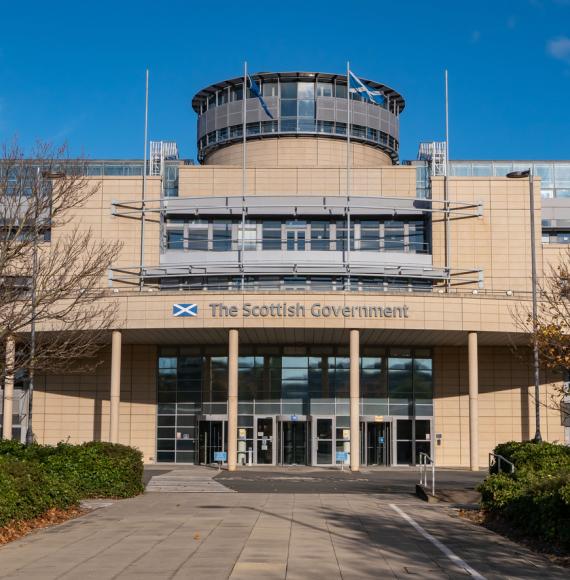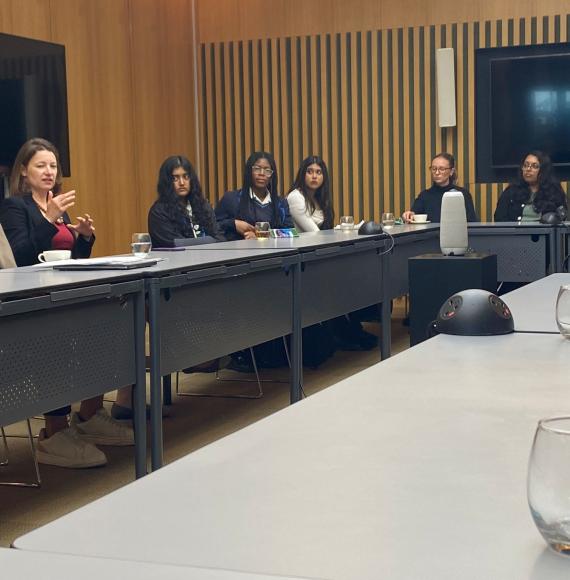Reforms are needed to ensure the sustainability of local government finances, including an urgent solution to the funding of social care in England, the House of Commons’ Housing, Communities and Local Government Committee has said in a report.
The report ‘Local authority financial sustainability and the section 114 regime’ recognises councils have faced a variety of budget pressures in recent years.
This includes increased demand for services, especially social care, and acknowledges that these financial challenges have been exacerbated by Covid-19.
The report makes a range of recommendations, including that the government should:
- Urgently reform the funding of social care in England.
- Implement the Fair Funding Review and business rates reset as soon as possible.
- Implement changes to council tax and consider wider options for reform.
- Widen the funding base of local government to make it less vulnerable to shocks, such as the Covid-19 pandemic, including by giving councils more flexibility over local taxes and other revenue-raising powers.
Commenting, Chair of the Housing, Communities and Local Government Committee, Clive Betts said:
“Council budgets have been stretched for several years and the social care funding crisis is at the heart of financial pressures for many councils.
“A solution to social care funding would go a long way to restoring local government finances.
“Covid-19 has also hit councils hard and while the Government responded to the pandemic with substantial financial support, they now need to come forward with a long-term sustainable way of funding councils and the services they provide.
“The system of local government finance should enable councils to increase revenue by growing their tax base while protecting those councils who are less able to do this, through no fault of their own.
“To this end, the government should implement the Fair Funding Review and business rates reset as soon as possible and allow councils to retain 75% of business rates from 2022.
“So that this represents a net increase in funding, we urge the government not to impose commensurate cuts to grant funding and the additional funding should then be put towards equalisation between councils.
“In the longer-term, the government should consider options for wider reform of council tax and business rates, including possibly replacing them with a proportional property tax.”
The report also makes recommendations on local government financial audit and the Section 114 regime.
Northamptonshire (2018), Croydon (2020) and Slough (2021) issued Section 114 notices, essentially declaring that they had run out of money and had to approach the Ministry of Housing, Communities and Local Government for financial assistance.
The report expresses concern that the Section 114 regime may be hindering good financial management.
It recommends that the government introduce an intermediary ‘yellow card’ measure that a Chief Financial Officer could apply to force a council to confront the seriousness of its financial position much sooner.



















